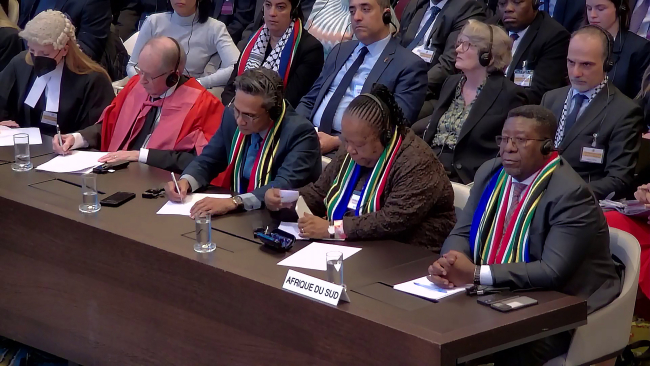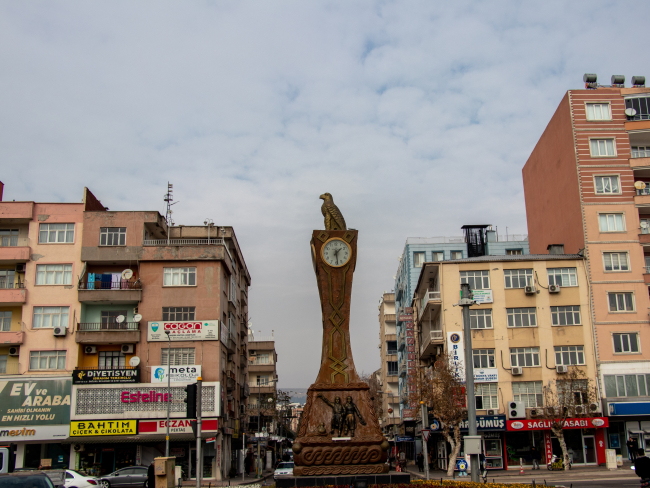Al-Qaeda in a Changing Region

On Tuesday 10 April 2012, Osama bin Laden was finally replaced on the FBI’s most wanted list by a fugitive schoolteacher accused of possessing child pornography. As the United States’ perception of threat has shifted, so too has the broader national security discourse. The prominent al-Qaeda analyst Peter Bergen observed that the terrorist group which launched the 9/11 attacks is now more or less out of business. He argued, too, that it is time to declare al-Qaeda defeated and “move on to focus on the essential challenges now facing America”: fixing the country’s economy, containing a rising China, managing the rogue regime in North Korea, and continuing to delay Iran’s acquisition of nuclear weapons.
This change represents more than perspective regained inside the United States; it is also a reflection of the significant reversals suffered by al-Qaeda in the last five years. These wounds were, in many ways, self-inflicted – arising, as they did, from one essential and undeniable fact: most of al-Qaeda’s victims, since 9/11, have been Muslim civilians. The impact of this reality was, in the words of Osama bin Laden taken from a letter written in 2010, “the alienation of most of the [Muslim] nation from the muhajidin”. In that same correspondence, captured by US Special Forces during the raid on his Abbottabad hideout in 2011, bin Laden called for a “new phase of amendment and development” in order to regain the trust of the Muslims masses. Al-Qaeda does indeed find itself at the threshold of a new era, thrust upon it by its strategic crisis as well as by the dramatically changing regional landscape. But do these shifting sands work to al-Qaeda advantage, or will they only guarantee its decline?
Dr Alia Brahimi is a Research Fellow at the London School of Economics and Political Science and a Senior Research Associate at the University of Oxford. She is the author of Jihad and Just War in the War on Terror (OUP, 2010).

Available in:
Regions and themes
ISBN / ISSN
Share
Download the full analysis
This page contains only a summary of our work. If you would like to have access to all the information from our research on the subject, you can download the full version in PDF format.
Al-Qaeda in a Changing Region
Related centers and programs
Discover our other research centers and programsFind out more
Discover all our analysesHow to Jumpstart Economic Recovery in Syria? The role of syrian entrepreneurs in Turkey
This report examines the potential role of Syrian-partnered companies operating in Türkiye in supporting economic recovery and reconstruction efforts in Syria. Based on data collected through field research and surveys conducted by the Economic Policy Research Foundation of Türkiye (TEPAV), the report provides an overview of the business characteristics, sectoral distribution, and cross-border economic activities of Syrian entrepreneurs. The report explores how this business activity could contribute to restoring supply chains, stimulating local production, and generating employment.
Indonesia and the Palestinian Cause
During his inaugural presidential speech on October 20, 2024, Indonesia’s incumbent president, Prabowo Subianto, iterated certain principles central to the philosophical foundation of the Indonesian nation. He noted Indonesia’s longstanding foreign policy of non-alignment or “bebas dan aktif” (free and active) and its aversion to military pacts.
Middle Power Lawfare : South Africa, International Justice, and the Gaza Crisis
The intensification of violence in Gaza following Hamas’s 7 October 2023 Al Aqsa Flood attack and Israel’s military response prompted a broader reassessment of global diplomacy. Longstanding geopolitical alignments were disrupted, and questions about humanitarian obligations, institutional accountability, and the limits of state conduct returned to the centre of international debate.
Adıyaman, the “Ownerless City”: Story of a Political Emancipation
Over the past two years, the city of Adıyaman has made headlines for two major reasons: first, its devastation by the earthquake of February 6, 2023, which struck between Turkey and Syria, and second, its significant political shift following the municipal elections of March 31, 2024.









